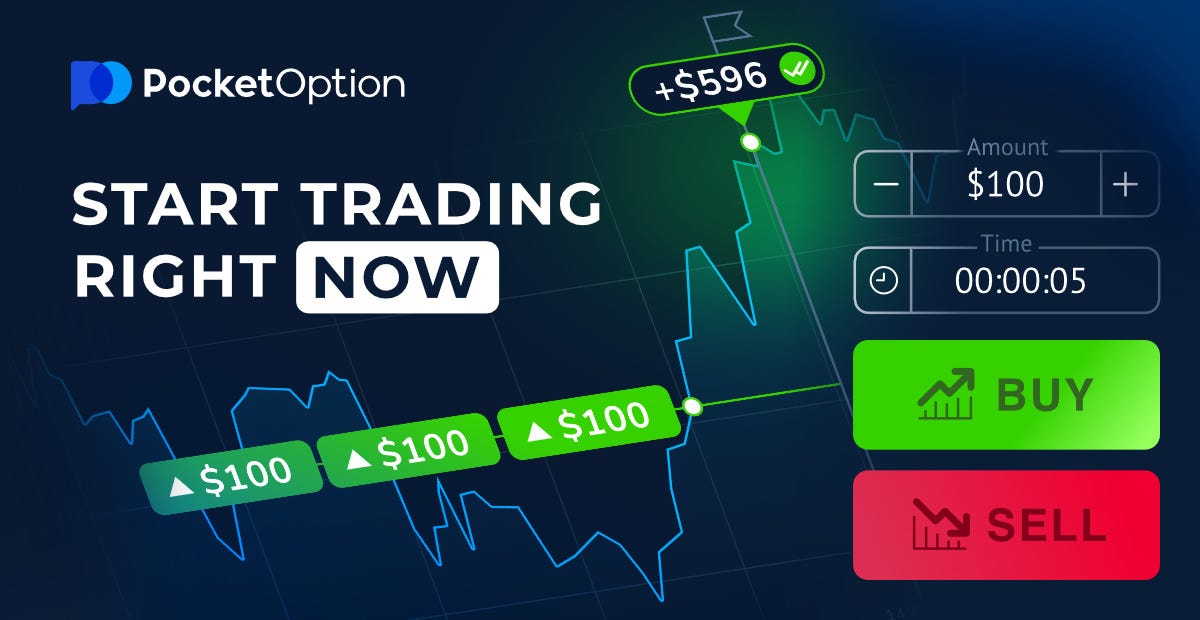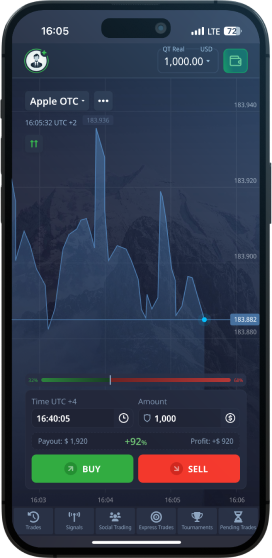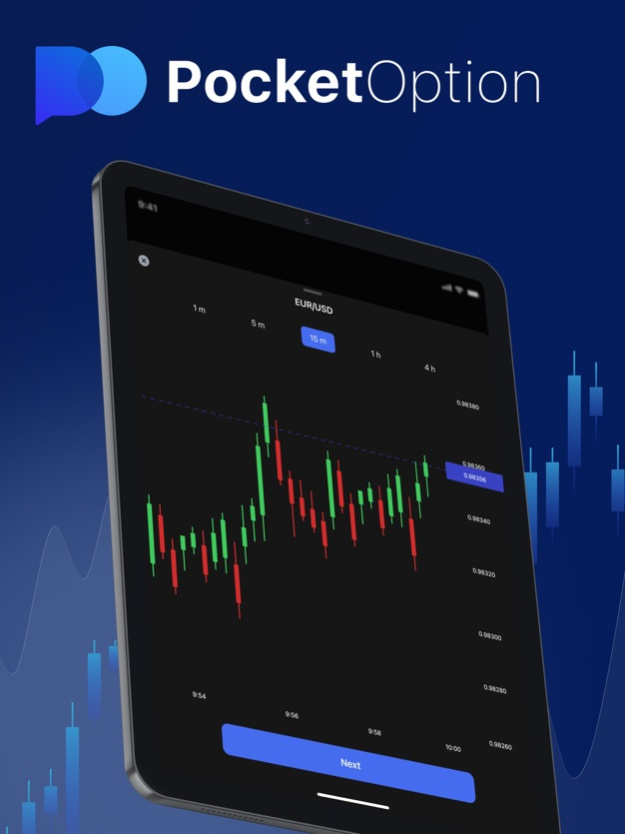Banned Countries Pocket Option 13

Banned Countries Pocket Option
Pocket Option is a popular trading platform, renowned for its user-friendly interface and a broad range of trading options. However, not every country can access this service freely. Certain countries face restrictions, rendering their residents unable to engage with the platform. This article will delve into the details of these banned countries, exploring the reasons behind these restrictions. For a comprehensive list of these countries, visit Banned Countries Pocket Option https://pocket-option.trading/banned-countries/.
Understanding the Banned Countries
The core reason Pocket Option and similar trading platforms implement bans on certain countries relates to the varying regulations governing financial services worldwide. Each country has its own set of laws that dictate how trading and investment can occur, often focused on protecting consumers and ensuring fair play within financial markets.
Some countries enforce strict regulations that prohibit foreign trading platforms from operating, primarily to protect their local financial markets and safeguard their citizens from potential fraud. For instance, countries with stringent anti-money laundering (AML) laws may prohibit foreign entities from servicing their residents unless specific conditions are met. As a result, traders in these regions often find themselves unable to register or use services like Pocket Option.
Reasons Why Countries Are Banned
There are several reasons that contribute to a country being banned from accessing Pocket Option. We’ll explore the most common factors below:
1. Regulatory Compliance
Regulatory compliance is at the heart of the ban. Many governments have strict financial regulations that require trading platforms to obtain licenses and adhere to local laws. If Pocket Option fails to acquire the necessary licenses in certain jurisdictions, it cannot lawfully operate there.

2. Consumer Protection
Another reason for banning certain countries could be to protect consumers from high-risk trading practices. Some jurisdictions prioritize consumer protection above all, leading to bans on platforms that do not provide adequate safeguards or regulatory oversight.
3. Money Laundering Concerns
Countries that face significant issues with money laundering might restrict access to foreign trading platforms to curb illicit financial activities. Such measures prevent the potential misuse of trading services for laundering money or other illegal financial transactions.
4. Political and Economic Stability
Countries experiencing political turmoil or economic instability may also face bans. In such environments, the risk of fraud, market manipulation, and exploitation of investors increases, prompting trading platforms to restrict access to those regions.
5. Legal Liability
Lastly, the fear of legal liability contributes to the decision to ban certain countries. Platforms like Pocket Option may opt to avoid potential legal repercussions that could arise from geographical operations in unsupported regions.
Implications for Traders
The outright banning of certain countries can have profound effects on traders within those jurisdictions. Here are some of the critical implications:
Limited Access to Services
Traders in banned countries find themselves with limited access to the array of services that platforms like Pocket Option offer. This loss hinders their ability to participate in global financial markets and limit the potential returns on their investments.

Increased Risk of Fraud
When legitimate platforms are unavailable, traders might resort to unregulated or illegal platforms, exposing themselves to a higher risk of fraud and scams. Operating on these unregulated platforms leaves traders vulnerable, often without recourse if something goes awry.
Missed Opportunities
Being banned from platforms like Pocket Option often means missing out on various trading opportunities, strategies, and tools that could have benefited traders, stunting their growth and knowledge in the trading arena.
What You Can Do
If you find yourself in a banned country, consider exploring alternative trading platforms that may be available to you. While options may be limited, many various services provide more accessible trading experiences and might comply with your country’s regulations.
It’s essential to conduct thorough research when seeking alternatives. Ensure that any platform you consider adheres to the proper regulatory standards and offers consumer protections. Seek out platforms with positive reviews and a reputation for transparency and reliability.
Future of Trading Platforms
As regulations continue to evolve, the landscape for trading platforms like Pocket Option may also shift. Understanding the regulatory landscape’s complexities offers traders a better grasp of their opportunities and challenges within the global trading environment.
In conclusion, while bans on certain countries may seem like a restriction on freedom, they often stem from a necessity for regulatory compliance and consumer protection. Staying informed and understanding the implications of these bans can empower traders to make informed decisions about their trading journey.
Conclusion
In the dynamic world of trading, geographical restrictions may pose challenges, particularly for those residing in banned countries. By understanding the reasons behind these bans and exploring alternative platforms, traders can mitigate risks and navigate toward a secure trading experience.